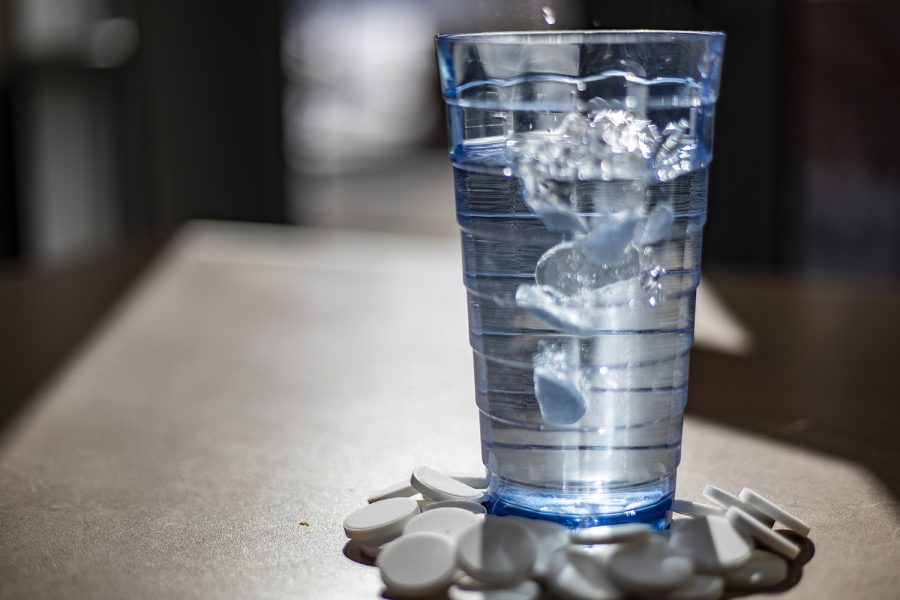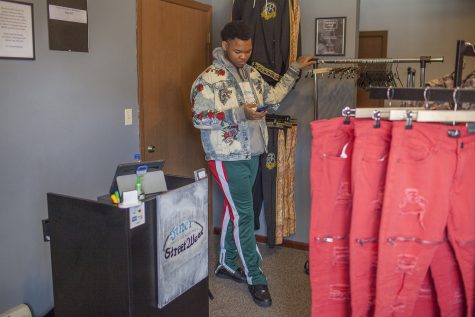Student Health & Wellness informs students how to avoid getting sick on spring break
Student Health & Wellness gives students advice for how to avoid getting sick while traveling over spring break.
March 10, 2019
Students will leave campus for spring break next week to travel home or on vacation, be it in the U.S. or abroad. The travel could potentially make them susceptible to illnesses they may not otherwise get in the U.S.
For the first two weeks after spring break, Student Health & Wellness sees an increase of gastrointestinal-related illnesses, although in 2018 the office saw fewer students than in 2016 and 2017, Student Health Nurse Manager Constance Wagner said in an email to The Daily Iowan.
Students tend to get gastrointestinal-illnesses when they drink water in other countries that isn’t cleaned and filtered the way it is in the U.S., Student Health nurse Dom Mascardo said. Because the water in the U.S. is processed differently from in other countries, U.S. students don’t have immunity to the bacteria that might be in the water, he said.
“[Students should have] knowledge of types of bacteria/insects that are present where they are traveling and how to avoid exposure and medications to prevent malaria, cholera, traveler’s diarrhea — all prescribed/given with a travel consult prior to departure,” Wagner said.
When students return from break, Student Health usually sees them return with bacterial infections, Mascardo said.
When in another country, students should remember to drink bottled water and make sure the food they eat is prepared properly to avoid getting gastrointestinal illnesses, Mascardo said. Students should also make sure to use bottled water when brushing their teeth and not face the water when showering to avoid getting sick, he said.
Student Health sees students return with traveler’s diarrhea, as well as illnesses from insects such as mosquitoes that aren’t usually seen in the U.S. because of the changing of seasons, Mascardo said.
RELATED: A spring break with involvement
“For traveler’s diarrhea, the best thing to do is to make sure hot foods are always hot and cold foods are cold,” Mascardo said. “Go to establishments that actually cater to Westerners, and then of course if they’re going to cook it right in front of you, you’re going to be satisfied in the way that it’s cooked.”
Other than gastrointestinal-related illnesses, Student Health sees students return from break needing STD testing and treatment, as well as injuries from running marathons and skiing, Wagner said.
If students don’t have access to bottled water, they can boil water to eliminate the bacteria in it, Student Health nurse Patricia Wong said. In Asian countries, hot drinks are commonly served in restaurants, making it less likely to cause a gastrointestinal illness.
It’s also recommended that people avoid getting ice in their drinks at restaurants, because the ice comes from the local water supply, she said.
Student Health also sees students return with skin issues because of the temperature changes they experience from going to a climate warmer than the Midwest, Wong said. People returning from break can also experience breathing issues if they are coming back from a region with air pollution, she said.
“Definitely try to go to reputable restaurants and buy bottled waters no matter how expensive they are,” Wong said. “It’s going to be expensive, so that’s the No. 1 thing.”






















